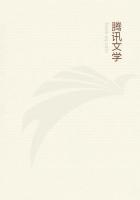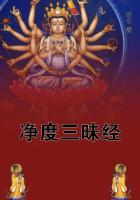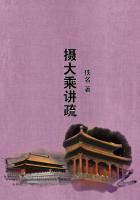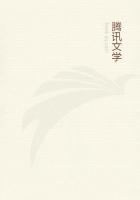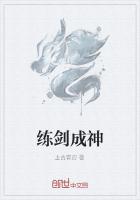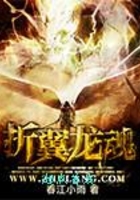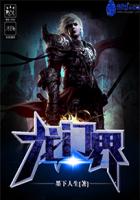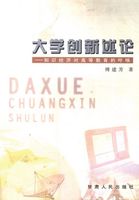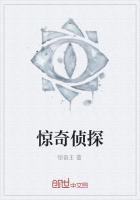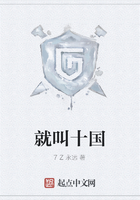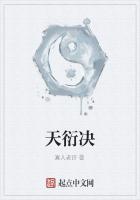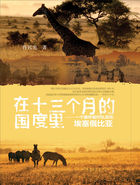Then he dressed his grandmother in her Sunday clothes, borrowed a horse from his neighbour, harnessed the cart to it, sat his grandmother on the back seat so that she could not fall out when he drove, and away they went. When the sun rose they were in front of a large inn. Little Klaus got down, and went in to get something to drink. The host was very rich. He was a very worthy but hot-tempered man.
'Good morning!' said he to Little Klaus. 'You are early on the road.'
'Yes,' said Little Klaus. 'I am going to the town with my grandmother. She is sitting outside in the cart; I cannot bring her in. Will you not give her a glass of mead? But you will have to speak loud, for she is very hard of hearing.'
'Oh yes, certainly I will!' said the host; and, pouring out a large glass of mead, he took it out to the dead grandmother, who was sitting upright in the cart.
'Here is a glass of mead from your son,' said the host. But the dead woman did not answer a word, and sat still. 'Don't you hear?' cried the host as loud as he could. 'Here is a glass of mead from your son!'
Then he shouted the same thing again, and yet again, but she never moved in her place; and at last he grew angry, threw the glass in her face, so that she fell back into the cart, for she was not tied in her place.
'Hullo!' cried Little Klaus, running out of the door, and seizing the host by the throat. 'You have killed my grandmother! Look! t here is a great hole in her forehead!'
'Oh, what a misfortune!' cried the host, wringing his hands. 'It all comes from my hot temper! Dear Little Klaus! I will give you a bushel of money, and will bury your grandmother as if she were my own; only don't tell about it, or I shall have my head cut off, and that would be very uncomfortable.'
So Little Klaus got a bushel of money, and the host buried his grandmother as if she had been his own.
Now when Little Klaus again reached home with so much money he sent his boy to Big Klaus to borrow his bushel measure.
'What's this?' said Big Klaus. 'Didn't I kill him? I must see to this myself!'
So he went himself to Little Klaus with the measure.
'Well, now, where did you get all this money?' asked he, opening his eyes at the heap.
'You killed my grandmother--not me,' said Little Klaus. 'I sold her, and got a bushel of money for her.'
'That is indeed a good price!' said Big Klaus; and, hurrying home, he took an axe and killed his grandmother, laid her in the cart, and drove off to the apothecary's, and asked whether he wanted to buy a dead body.
'Who is it, and how did you get it?' asked the apothecary.
'It is my grandmother,' said Big Klaus. 'I killed her in order to get a bushel of money.'
'You are mad!' said the apothecary. 'Don't mention such things, or you will lose your head!' And he began to tell him what a dreadful thing he had done, and what a wicked man he was, and that he ought to be punished; till Big Klaus was so frightened that he jumped into the cart and drove home as hard as he could.
The apothecary and all the people thought he must be mad, so they let him go.
'You shall pay for this!' said Big Klaus as he drove home. 'You shall pay for this dearly, Little Klaus!'
So as soon as he got home he took the largest sack he could find, and went to Little Klaus and said: 'You have fooled me again!
First I killed my horses, then my grandmother! It is all your fault; but you sha'n't do it again!' And he seized Little Klaus, pushed him in the sack, threw it over his shoulder, crying out 'Now I am going to drown you!'
He had to go a long way before he came to the river, and Little Klaus was not very light. The road passed by the church; the organ was sounding, and the people were singing most beautifully.
Big Klaus put down the sack with Little Klaus in it by the church-door, and thought that he might as well go in and hear a psalm before going on farther. Little Klaus could not get out, and everybody was in church; so he went in.
'Oh, dear! oh, dear!' groaned Little Klaus in the sack, twisting and turning himself. But he could not undo the string.
There came by an old, old shepherd, with snow-white hair and a long staff in his hand. He was driving a herd of cows and oxen.
These pushed against the sack so that it was overturned.

